ISO Certification

ISO certification is a credential that validates a business’s fulfillment of requirements relating to quality process standards as defined by the International Standards Organization
ISO 9001
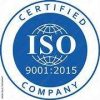
ISO 9001 improves the management of your organization’s quality process
ISO 22000

ISO 22000 sets out the requirements for a food safety management system and can be certified to it. It maps out what an organization needs to do to demonstrate its ability to control food safety hazards in order to ensure that food is safe. It can be used by any organization regardless of its size or position in the food chain.
ISO 50001
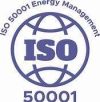
ISO 50001 helps you to optimize energy efficiency and sustainability
ISO 22000

ISO 22000 sets out the requirements for a food safety management system and can be certified to it. It maps out what an organization needs to do to demonstrate its ability to control food safety hazards in order to ensure that food is safe. It can be used by any organization regardless of its size or position in the food chain.
ISO 14001
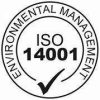
ISO 14001 improves your environmental management approach
ISO 45001
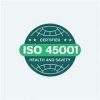
ISO 45001 helps you to define your organization’s occupational health and safety policies and objectives to create better and safer working conditions
GMP Certification
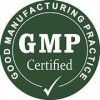
GMP refers to the Good Manufacturing Practice Regulations promulgated by the US Food and Drug Administration under the authority of the Federal Food, Drug, and Cosmetic Act (See Chapter IV for food, and Chapter V, Subchapters A, B, C, D, and E for drugs and devices
HACCP Certification
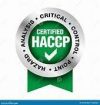
The HACCP system is a procedure control system guidelines which is applicable to any organization those who are dealing with Manufacturing, trading, supply, retailing, packing, transportation etc
HALAL Certification
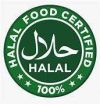
Halal certification is a process that certifies that a food product or ingredient is permissible for consumption according to Islamic law. The certification process includes ensuring that the food does not contain any prohibited ingredients and that it has been prepared in accordance with Islamic guidelines.
Organic Certification

Organic certification is a certification process for producers of organic food and other organic agricultural products. In general, any business directly involved in food production can be certified, including seed suppliers, farmers, food processors, retailers and restaurants.
CE Marking
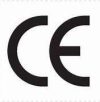
The CE marking (an acronym for the French “Conformite Europeenne”) certifies that a product has met EU health, safety, and environmental requirements
FSSAI 3rd Party Audits

To strengthen the food safety surveillance system, FSSAI has envisaged audits of Food Business Operators through Private Auditing Agencies. In order to cultivate and foster the growth of compliance culture, FSSAI is enabling compliance through private recognised Auditing Agencies. Food Safety and Standards (Food Safety Auditing) Regulations, 2018 have been notified on 28th August 2018 for the same.
Food Safety Audits will reduce the regulatory Food Safety Inspections conducted by Central or State Licensing Authorities. Satisfactory Audits will lead to less frequent regulatory inspections by Central or State Licensing Authority except the regulatory sampling. This will strengthen food safety surveillance system and encourage self-compliance while at the same time assuring safe food to the consumers.
